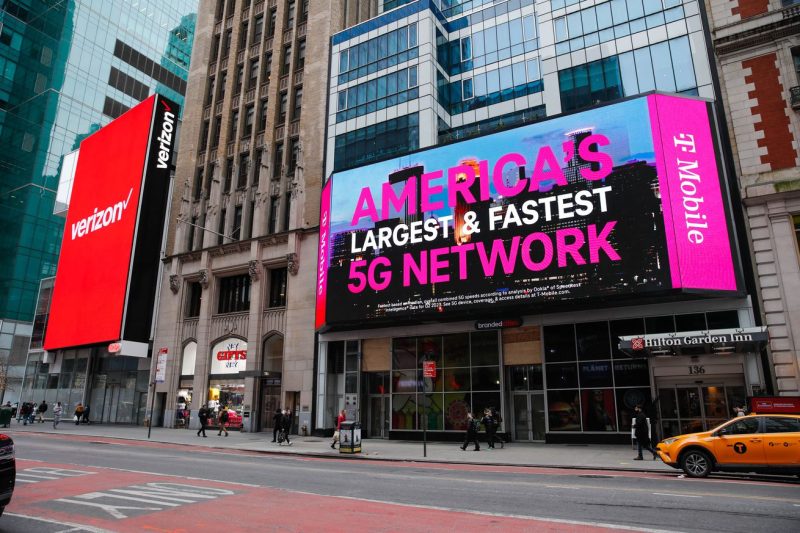Verizon and T-Mobile are Trying to Gobble Up US Cellular
The telecommunications industry has been witnessing a flurry of activities in recent times, with major players like Verizon and T-Mobile making strategic moves to expand their market share. The latest development in this space is the potential acquisition of US Cellular, a regional wireless carrier with a strong presence in the Midwest. While the deal is still in its early stages and faces regulatory hurdles, the implications of such a merger could be significant for both consumers and the industry at large.
Verizon, the largest wireless carrier in the US, has been on a quest to solidify its position in the market and fend off competitors like T-Mobile. With a focus on expanding its 5G network and offering innovative services, Verizon sees the potential acquisition of US Cellular as a strategic move to enhance its coverage and reach more customers. By integrating US Cellular’s network assets and subscriber base into its own operations, Verizon aims to create a stronger competitive advantage in key markets across the country.
On the other hand, T-Mobile, known for its disruptive pricing strategies and bold marketing campaigns, is also eyeing US Cellular as a potential target for acquisition. T-Mobile has been on a growth trajectory in recent years, fueled by its merger with Sprint and the expansion of its 5G network. By adding US Cellular’s network resources and customer base to its portfolio, T-Mobile hopes to further strengthen its position as a major player in the wireless market and challenge the dominance of Verizon and AT&T.
However, the potential acquisition of US Cellular by either Verizon or T-Mobile is not without its challenges. Regulatory approval is a major hurdle that both companies will need to navigate, as antitrust concerns and competitive implications could arise from such a deal. Additionally, integrating a regional carrier like US Cellular into the operations of a national provider like Verizon or T-Mobile is a complex process that requires careful planning and execution to ensure a smooth transition for customers and stakeholders.
From a consumer perspective, the acquisition of US Cellular by a larger carrier like Verizon or T-Mobile could have both positive and negative implications. On one hand, customers may benefit from enhanced network coverage, improved service quality, and access to a wider range of products and services. On the other hand, concerns about pricing, competition, and customer service may arise as the wireless market consolidates further.
In conclusion, the potential acquisition of US Cellular by Verizon or T-Mobile represents a significant development in the telecommunications industry, with far-reaching implications for both companies and consumers. As the deal evolves and regulatory scrutiny intensifies, it will be important to monitor the impact of such a merger on competition, innovation, and customer choice in the wireless market. Only time will tell whether this strategic move will pay off for Verizon, T-Mobile, and the industry as a whole.
